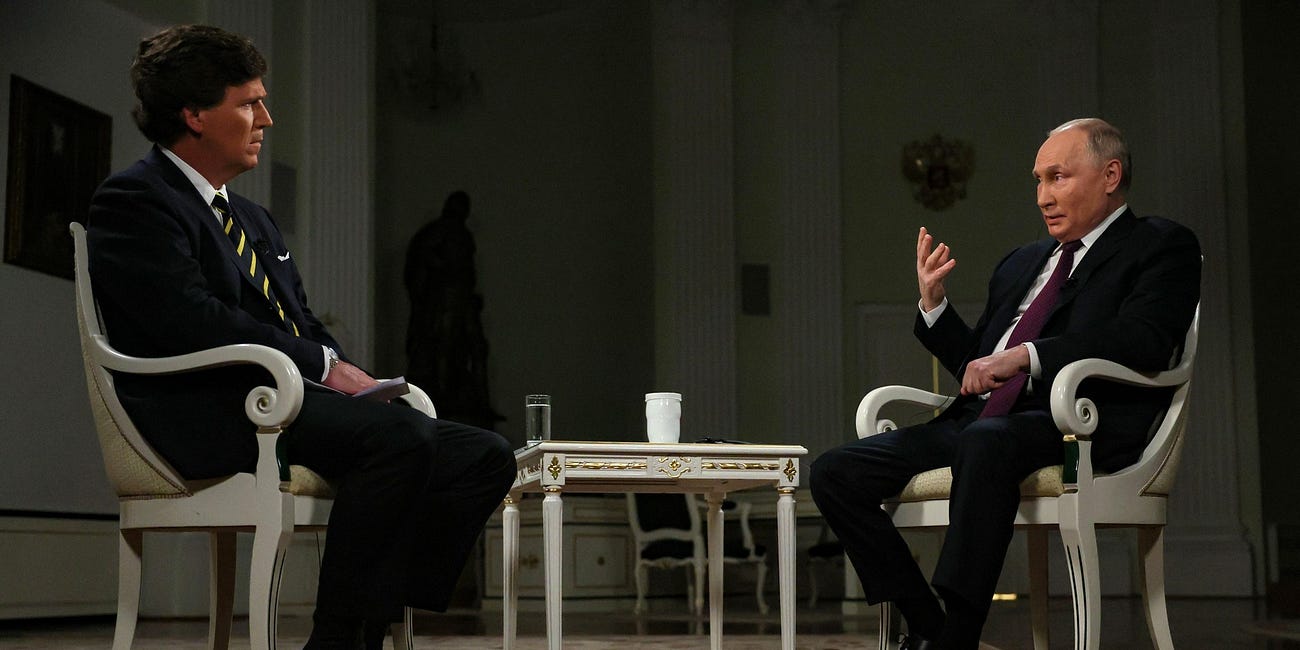Books of Jacob | II. Book of Sand, Chapter 7
"As the world gives birth to the Messiah, it must suffer, and all laws must break"
They came to the conclusion that the misfortunes of the preceding years had been blessings in disguise, for they made a kind of sense, foretelling the coming of the saviour, just as painful contractions foretell the birth of a new person. As the world gives birth to the Messiah, it must suffer, and all laws must break, conventions be eradicated, oaths and promises crumble.”
Tokarczuk, Books of Jacob, p. 804
Chapter 7 begins with Yente’s story. Through her father, Yente is connected to the Jewish heretic Messiah, Sabbatai Tzvi (1626-1676), who prefigures Jacob Frank. Through her grandparents, Yente is connected to the Cossack-led Khmelnytsky Uprising (1648-1657), Through a Cossack act of sexual violence, this history of hateful violence is handed down to Jacob Frank. Jacob’s father was conceived in the open field in which a passing Cossack or Ukrainian soldier raped Yente.
The Khmelnytsky Uprising was the cause of the massacres and “slaughters that spread from country to country, and with them came the refugees, the widows and the agunot, the orphaned children, the crippled - all irrefutable proof that the end was on its way and the world would soon give birth to the Messiah” (pp. 808-807). The Cossack Hetman Bohdan Khmelnytsky (1595-1657) led this uprising in which Cossacks, Crimean Tatars and Orthodox Ukrainian peasantry fought against the Polish Catholic Szlachta.
This event is interpreted the histories of Poland, Ukraine, Russia, and the Jewish people of Eastern Europe. It was an outbreak of communal violence in which 15,000 to 30,000 plus Jews were killed. The Uprising is celebrated in nationalist Ukrainian histories as an early act of national independence against Polish colonists. However, in 1654 Khmelnytsky and his band swore allegiance to the Russian Tsar, thereby incorporating eastern Ukraine into Russia by the 1654 Pereiaslav Agreement. This agreement was the historical document that Vladimir Putin gave to Tucker Carlson in his interview in February 2024, which I discussed in this post:
3 Russian history lessons from the Tucker Putin interview
The Tucker Carlson interview with Vladimir Putin surprised many. Tucker Carlson clearly was not expecting a Russian history lesson. Yet the talk show host and hundreds of millions of people around the world received a history lesson, delivered by a world leader.
The Khmelnytsky Massacres are crucial to Yente’s story and The Books of Jacob. They instigated internal conflicts in Poland-Lithuania and external wars that sapped Polish power over the next century and laid the groundwork for the dissolution of the Commonwealth. The period is known as the Deluge and the Ruin, and was mythologised in nationalist Polish historical fiction, with the anti-Jewish violence airbrushed out, by the 1905 winner of the Nobel Prize for Literature, Henryk Sienkiewicz. Olga Tokarczuk offers a different vision of the same history. Her Books of Jacob has been described as an ‘anti-Sienkiewicz.’
The atrocities and violence were not limited to the Jews but were a catastrophe for the Jewish people of Europe. It convinced many Jews that the Messiah must arrive imminently, and, as Yente’s father believed, it was time to “bear witness to these final days”. Sabbatai Tzvi was that promised Messiah, and chapter 7 introduces us to his extraordinary story. His appearance prefigures Jacob’s story because under this heretic Messiah “all laws must break, conventions be eradicated, oaths and promises crumble.”
For paid subscribers below I have some additional sources and notes to enrich your Slow Read.
chat question - on the role of heresy in The Books of Jacob.
character, Yente -
context - on Sabbatai Tzvi and Sabbateanism.
If you have not already done so, please upgrade your subscription, and read on to get more from your Slow Read of The Books of Jacob.




